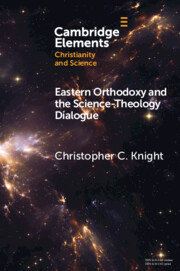In Love Alone is Credible (1963), Hans Urs von Balthasar discusses love in a way that “seeks to be faithful to the theological tradition of the great saints.” Conspicuously missing from the set of “great saints” whom Balthasar praises is Thomas Aquinas. Does Balthasar imply a negative judgment about Thomas's thought on love? If so, what is the judgment? On what grounds is it made? How might Thomas answer? To address these questions, I construct a dialogue between the two, privileging Love Alone and the Questions on charity from the Summa Theologiae. The dialogue begins with a survey of ground common to Balthasar and Thomas. A second step shows how three salient aspects of Thomas's treatment of charity appear from Balthasar's perspective. A third section deepens the critique, showing that for Balthasar, both divine and human love must be conceived as utterly gratuitous in ways that Thomas downplays or denies. A fourth section asks how the account of love given by Balthasar appears from Thomas's viewpoint. A final section asks what to make of these partly overlapping, partly clashing perspectives, and suggests why both are necessary.
